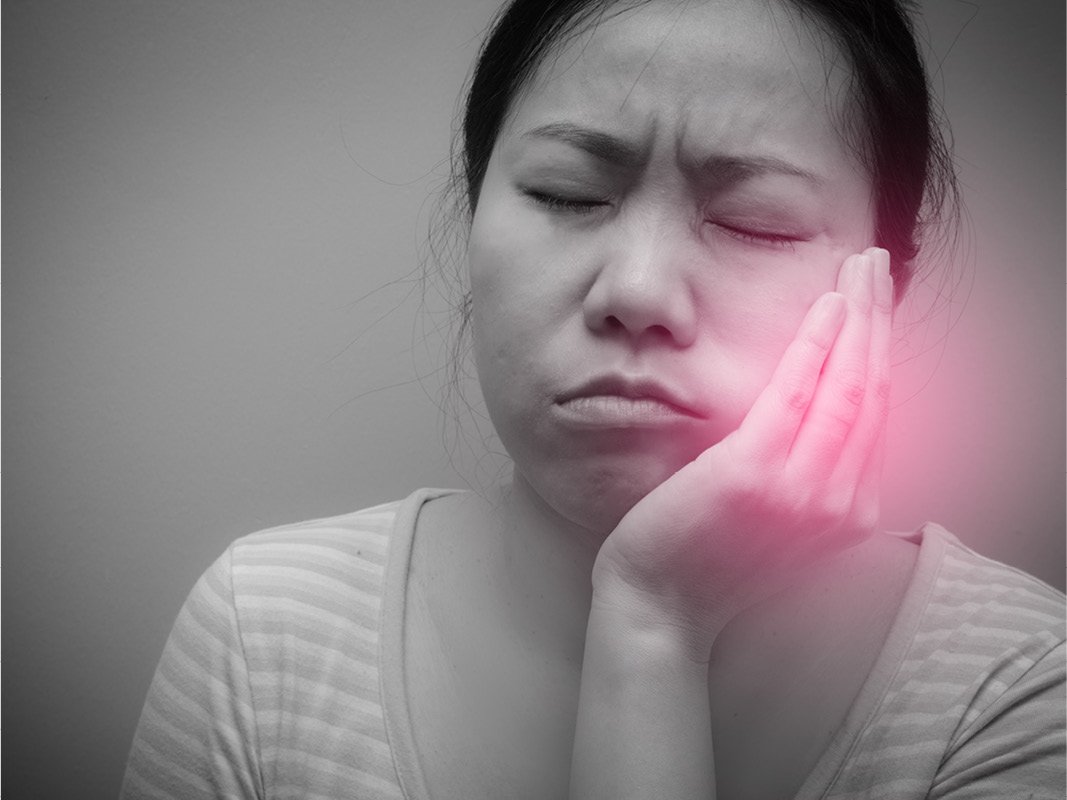




Orofacial pain can impact your daily life, causing discomfort in your face, jaw, head, and neck. An orofacial pain specialist is a highly trained expert who diagnoses and treats various conditions, including temporomandibular joint (TMJ) disorders, neuralgias, muscle pain, and other complex facial pain syndromes. At NEMA Pain and Cancer Care Centre, our specialists use advanced diagnostic techniques and personalized treatment plans to reduce pain and restore normal function. Whether your discomfort stems from dental issues, nerve disorders, or musculoskeletal conditions, our team is dedicated to providing compassionate and effective care to help you regain a pain free life.
Orofacial pain encompasses pain that affects the face, mouth, jaw, and related structures. It can result from various conditions, such as:
At NEMA Pain Care, we offer a range of effective treatments to manage orofacial pain from our orofacial pain specialist that depending on the cause and severity of the condition:
1. TMJ Therapy
2. Nerve Blocks
3. Physical Therapy
4. Medications
5. Botox Injections
6. Sinus Treatment
If sinusitis is contributing to your facial pain, we offer treatments to reduce inflammation and relieve pressure around the sinus areas.
At NEMA Pain Care, we are committed to providing the most effective and personalised care to help you manage orofacial pain and regain your quality of life.
To discuss your orofacial pain and explore treatment options, schedule an appointment with our orofacial pain specialists today. Contact Us to book your consultation and start your journey to relief.
Orofacial pain refers to discomfort or pain in the face, mouth, or jaw region. It can be caused by various conditions, including temporomandibular joint (TMJ) disorders, nerve damage, dental issues, sinus problems, or facial injuries.
Diagnosing orofacial pain involves a comprehensive evaluation, including a detailed medical history, physical examination, and sometimes imaging studies like X-rays, CT scans, or MRIs to identify the underlying cause.
Treatment options for orofacial pain include medications, physical therapy, dental care, behavioral therapies, and interventional pain management techniques like nerve blocks or injections, depending on the specific cause of the pain.
Yes, stress and anxiety can exacerbate or trigger orofacial pain, particularly in conditions like TMJ disorders or bruxism (teeth grinding). Managing stress through relaxation techniques or therapy can be beneficial in reducing symptoms.
The prognosis for orofacial pain depends on its cause. Some conditions can be effectively treated and resolved, while others may require ongoing management to control pain and improve quality of life.
We always take care of your smile
(+91) 8826469876
India’s Leading Hospital for Advanced Pain & Cancer Care, Providing Comprehensive Solutions for Chronic Pain and Recovery.
WhatsApp us